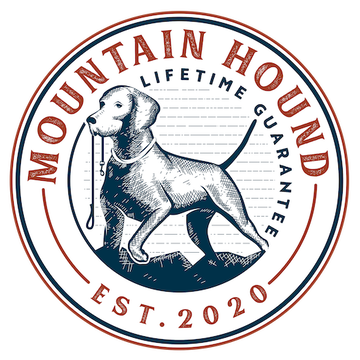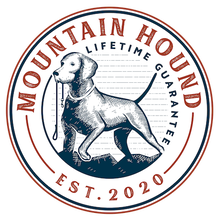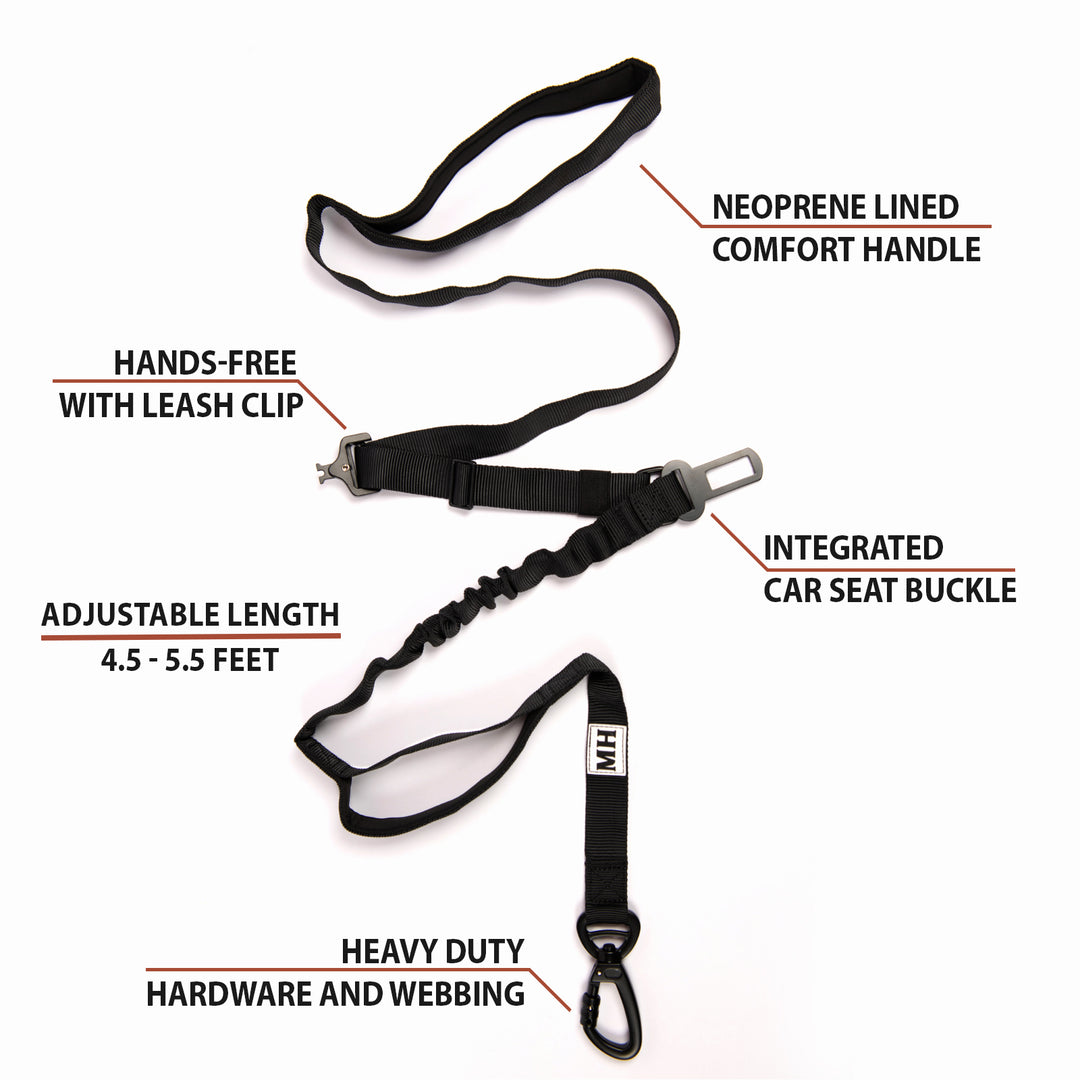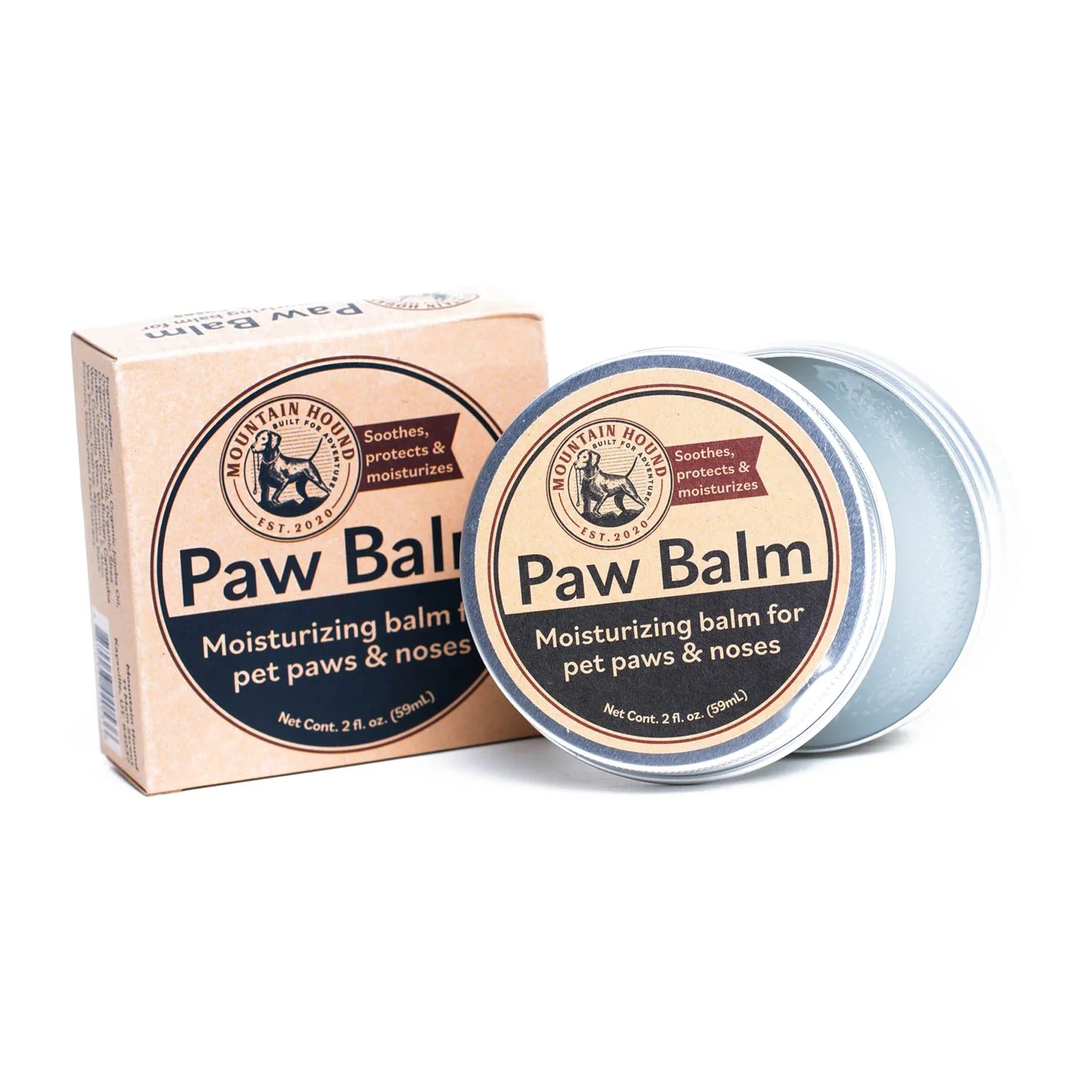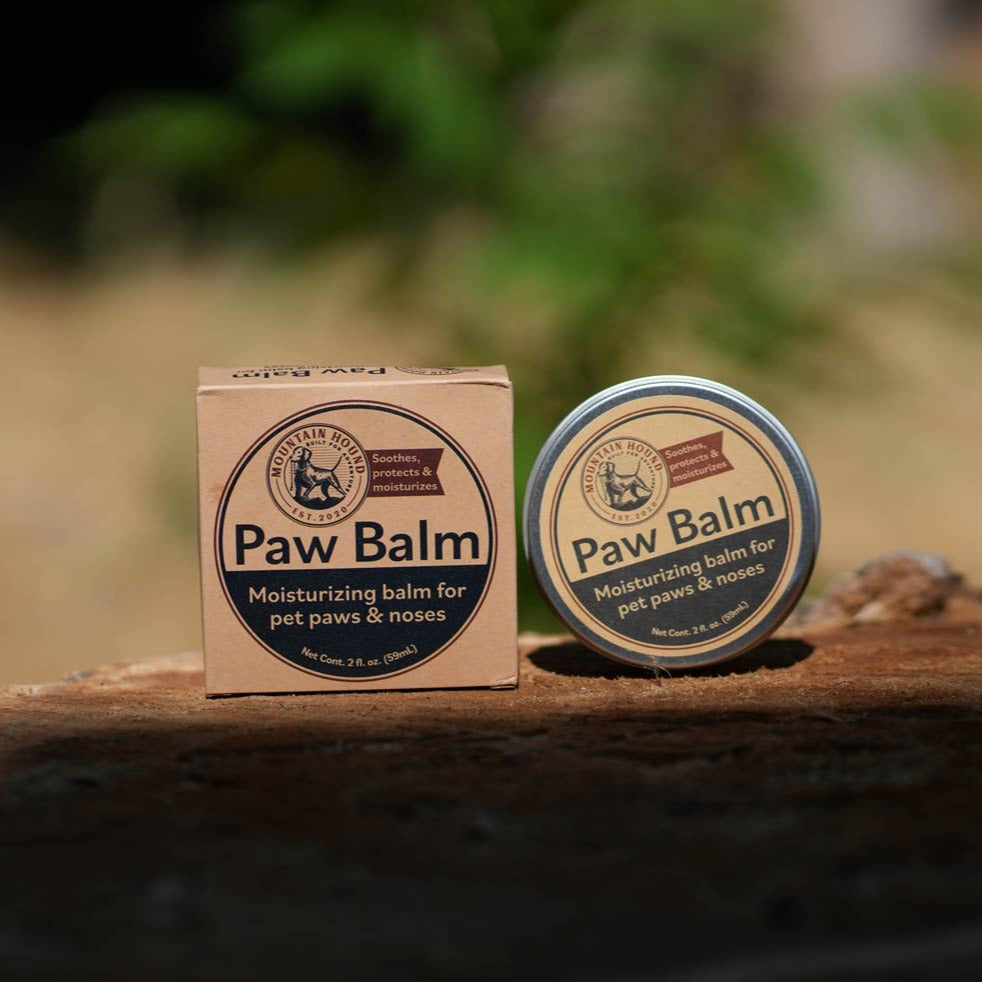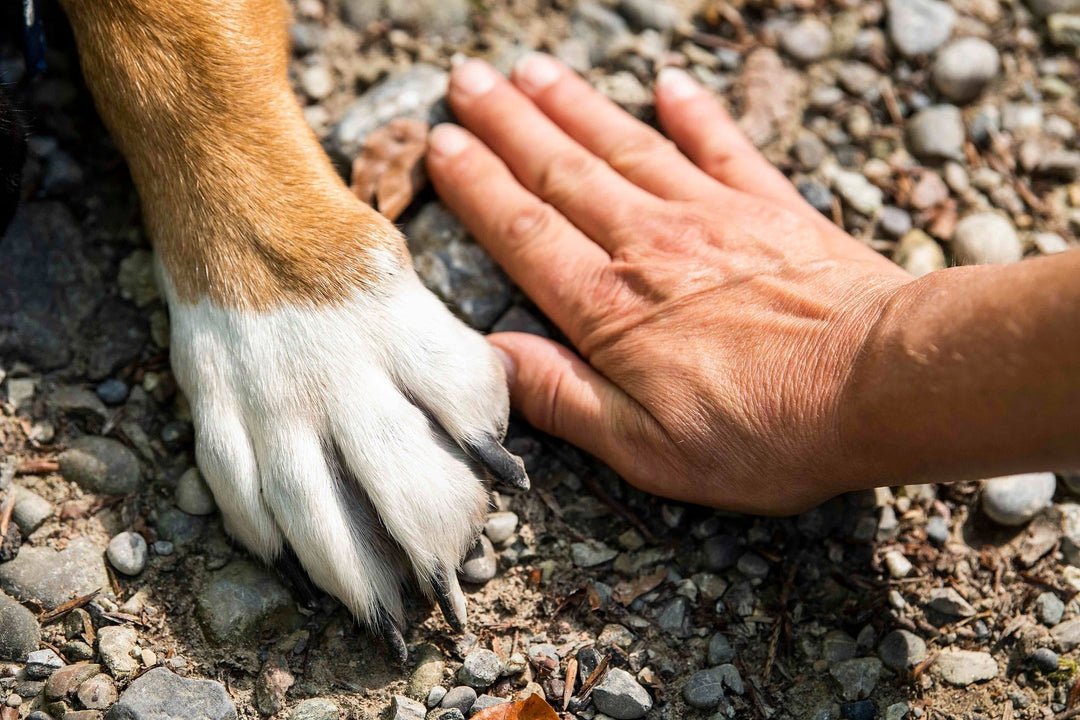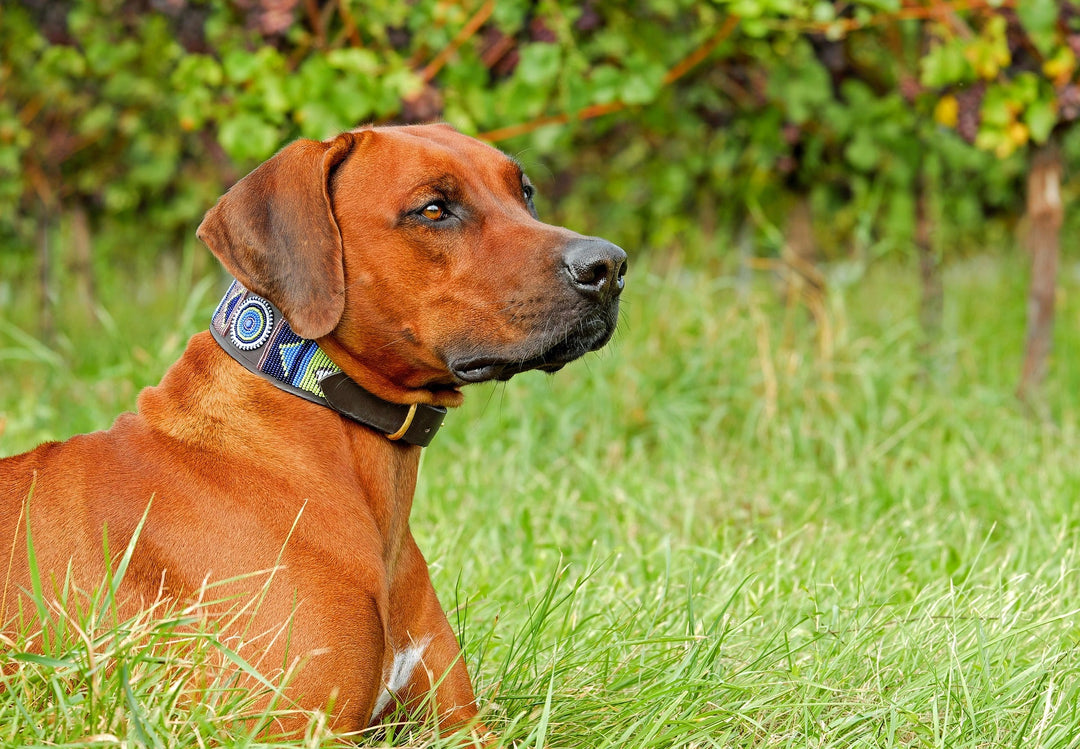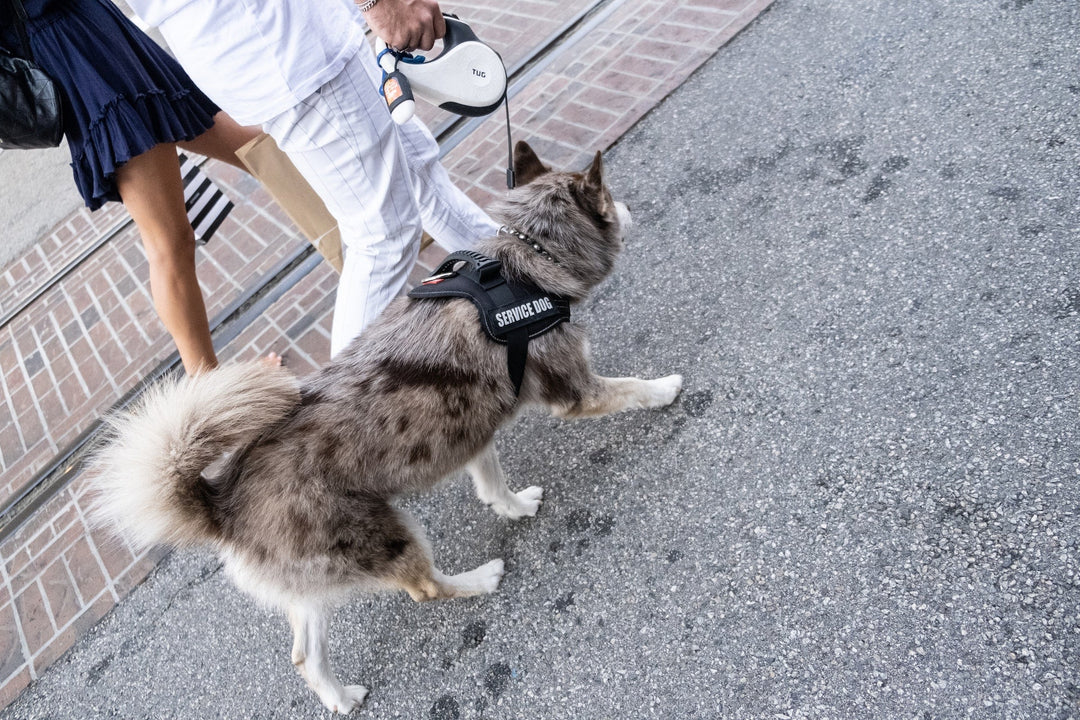Giant Breeds And The Health Issues You Should Know About

The genteel character and big hearts of giant breeds make them an incredible source of joy and companionship. However, it’s important to note that giant breed health is affected by their impressive size and rapid growth rate. Knowing the potential giant breed health issues your pup may face can ensure you take the necessary steps to improve their quality of life and keep them at their best.
In today’s Mountain Hound blog post, we’ll discuss the common giant breed health issues you should know about and what you can do to ensure your giant companion stays happy and healthy.
Giant Breed Health Issues
Some important giant breed health issues you should be aware of include:
Gastric Dilatation-Volvulus (GDV) or Bloat
GDV or bloat is a life-threatening condition where the stomach fills with air and fluids and twists on itself. Research shows that large and giant breed dogs with deep chests are more predisposed to GDV, resulting in high mortality risks. Bloat or GDV can lead to decreased blood flow to vital organs and requires immediate medical attention.
Growth-related Orthopedic Conditions
Giant breed puppies grow rapidly during their first year, which can stress their developing bones and joints. Conditions like hip dysplasia, elbow dysplasia, and osteochondritis dissecans (OCD) can occur, leading to lameness, pain, and arthritis if not managed properly.
Cardiac Issues
Giant breeds are prone to cardiac issues like dilated cardiomyopathy (DCM), a common cause of death in giant and large breeds. DCM involves the heart enlarging and weakening until it can’t adequately pump blood. Symptoms include exercise intolerance, weakness, breathing difficulty, coughing, or a fluid distended abdomen.
Obesity
Due to their size, giant breeds are more susceptible to obesity, which can exacerbate joint and mobility problems. Large dogs can quickly become overweight without enough exercise, leading to other issues associated with obesity.
Cancer
Giant breeds are at a higher risk for various types of cancer, including bone cancer (osteosarcoma) and mast cell tumors. Studies show that compared to smaller breeds, giant breeds are 20 times more likely to develop osteosarcoma, with age, size, and weight playing major roles.
Respiratory Problems
Brachycephalic giant breeds (those with short noses) like Bulldogs and Mastiffs can experience breathing difficulties due to their conformation. This can lead to snoring, exercise intolerance, and heat sensitivity.
Joint and Ligament Injuries
Giant breeds are more prone to ligament injuries like torn cruciate ligaments due to their weight and size, which can cause lameness and require surgical intervention.
Tips for Preventing Giant Breed Health Issues
Giant breed dogs require different care than smaller breeds, so it’s important to understand what they need to stay healthy. Here are a few tips that will help maintain your pup’s well-being:
- Proper Nutrition
Feed a high-quality, balanced diet appropriate for the dog’s life stage and size.
Consult your veterinarian for portion sizes and feeding frequency recommendations to prevent overfeeding and obesity.
- Regular Exercise
Ensure your pup engages in low-impact exercises that promote muscle development and joint health. Avoid high-impact activities and excessive jumping, especially during the growth phase.
- Weight Management
Keep your dog at a healthy weight to prevent stress on joints and obesity-related issues. Monitor their weight and adjust their diet as needed to prevent weight gain.
- Choose a Reputable Breeder
If you’re considering getting a giant breed dog, work with a breeder who prioritizes health testing, genetic screening, and responsible breeding practices to reduce the risk of passing on hereditary health conditions.
- Regular Veterinary Check-ups
Ensure you visit the vet regularly for wellness exams and early detection of any health concerns. Follow recommended vaccination and preventive care schedules. Orthopedic screenings through X-rays can also help assess joint health.
- Educate Yourself
Research your specific breed’s common health issues and characteristics to be better prepared for their care. Be sure to pay attention to any changes in behavior or health and talk with your vet about any concerns.
Final Thoughts
It’s important to note that not all large dog breeds will experience all these health issues, and some breeds are more predisposed to specific conditions. Regular veterinary check-ups, a balanced diet, proper exercise, preventive care, and early intervention can greatly improve the quality of life for large dog breeds and help manage or mitigate these potential giant breed health issues.
Image by Aleš Kartal from Pixabay
